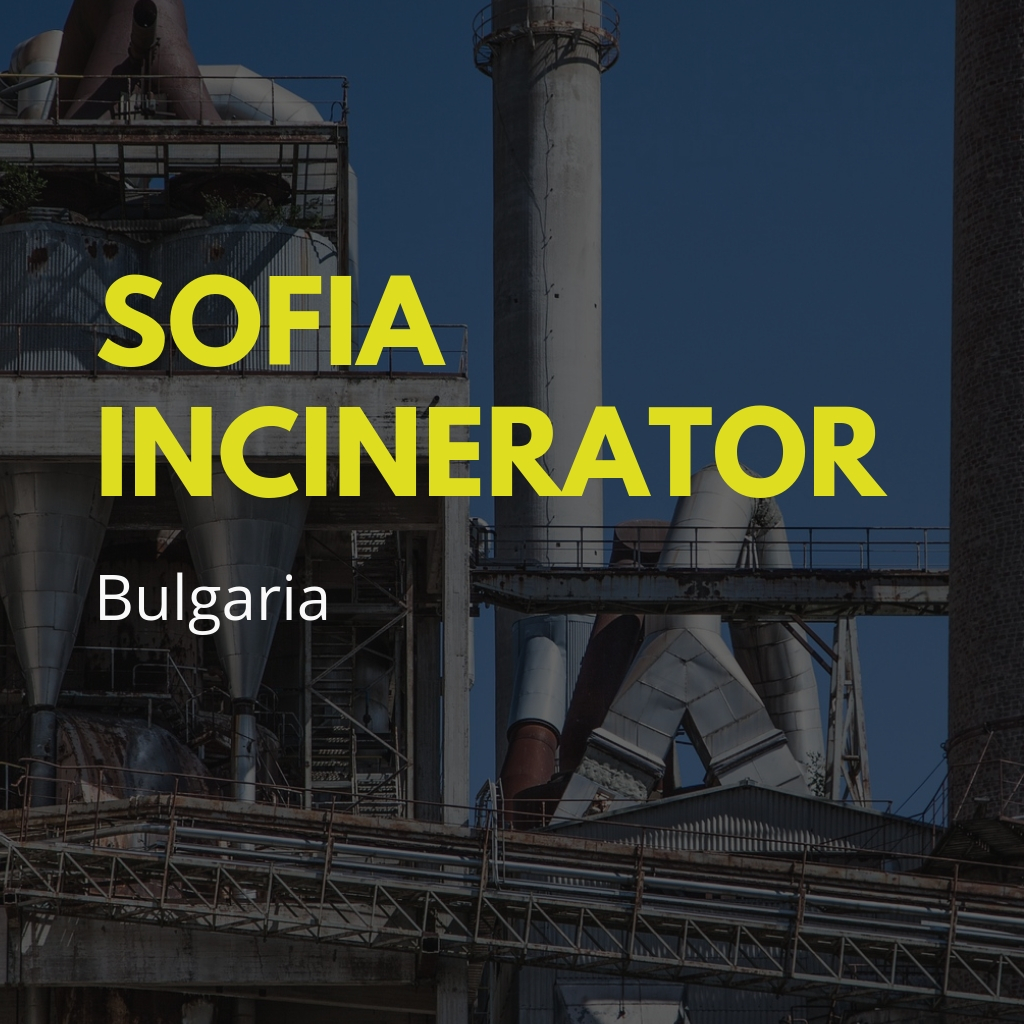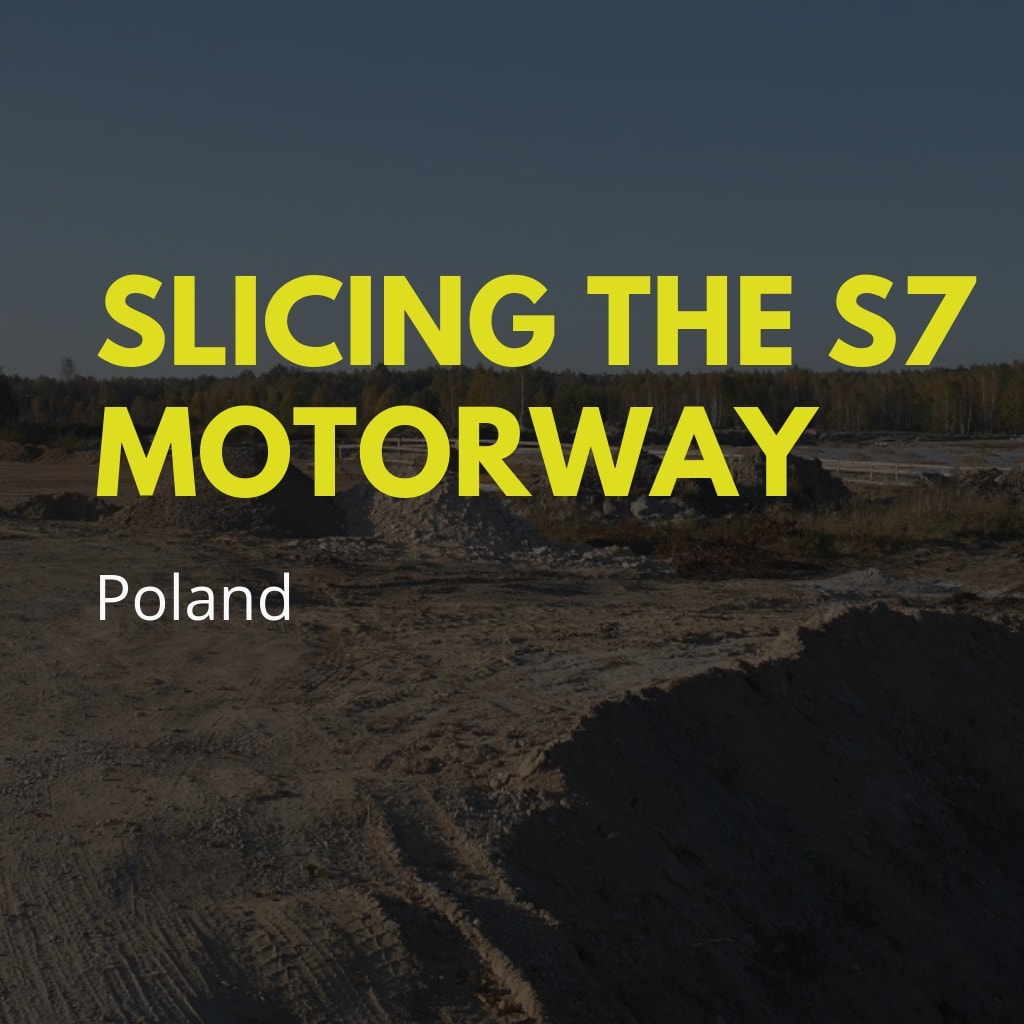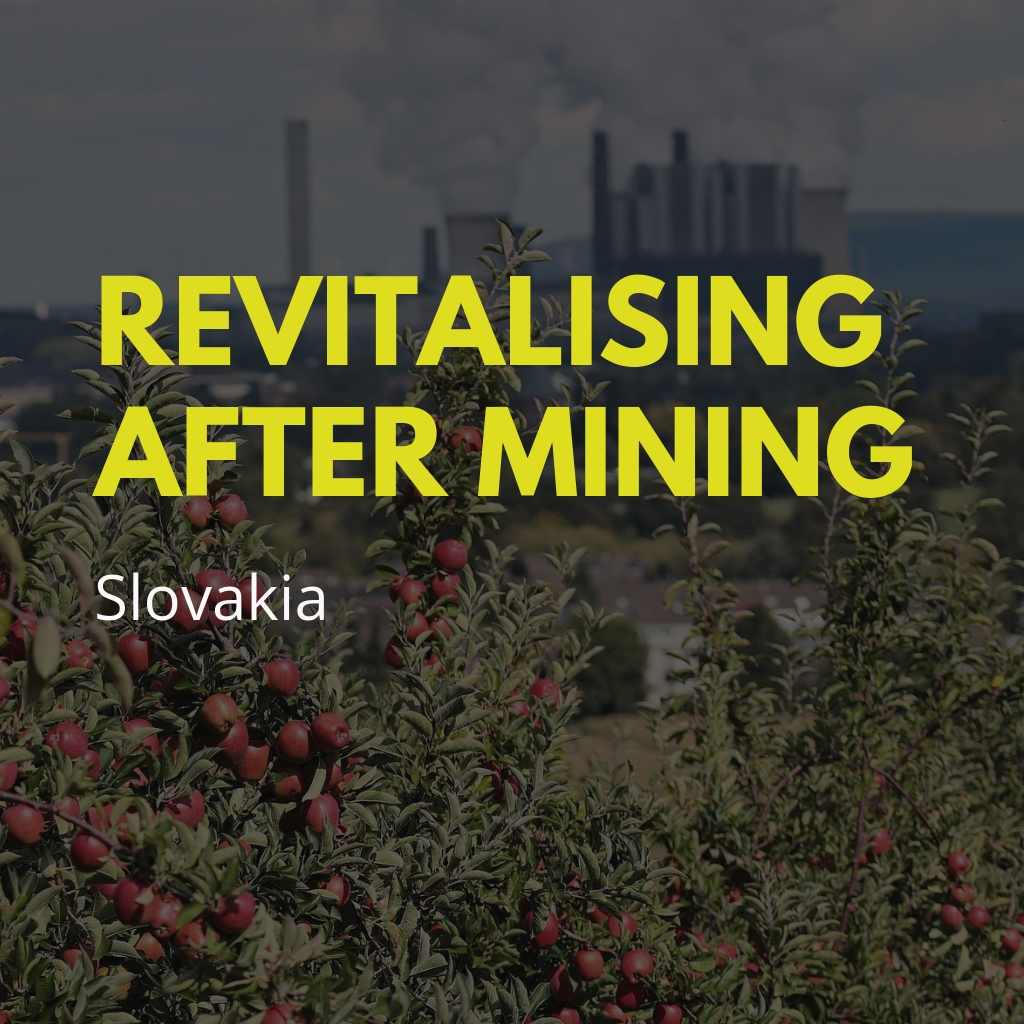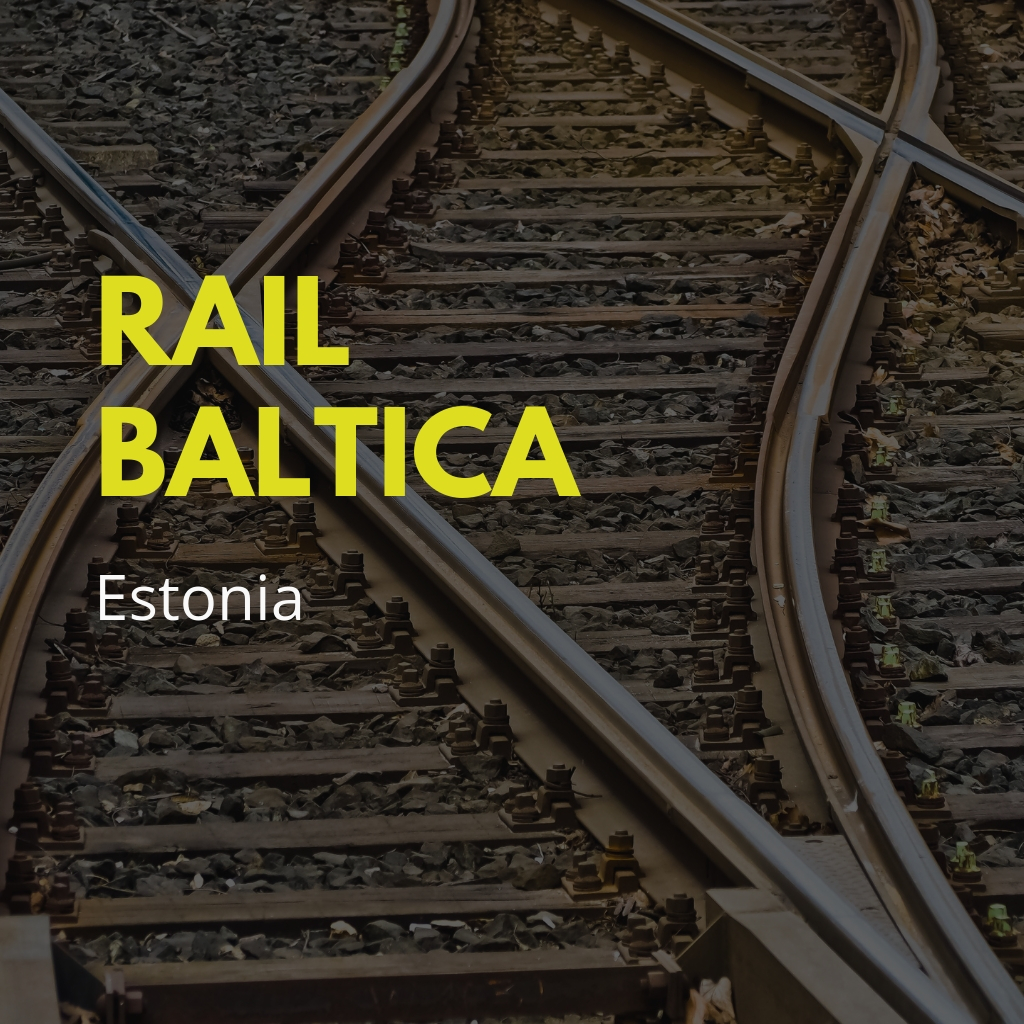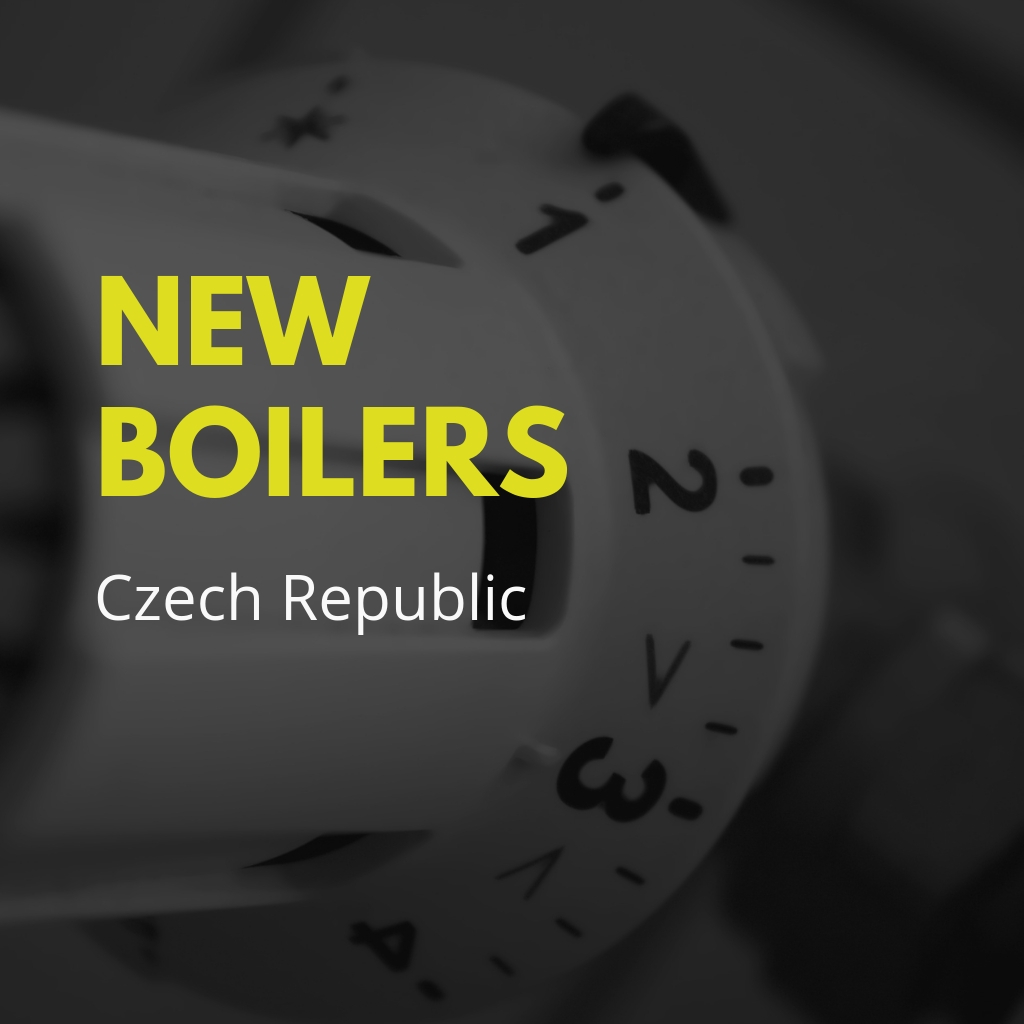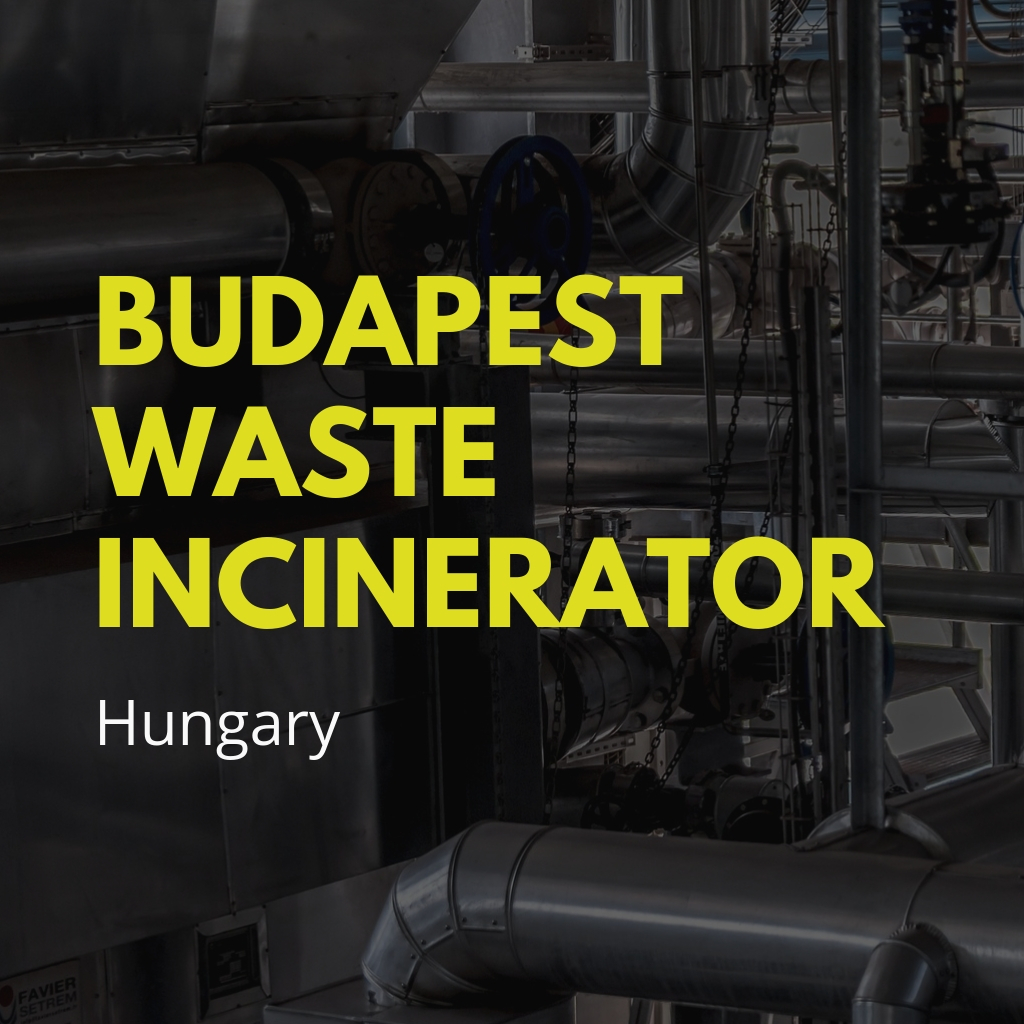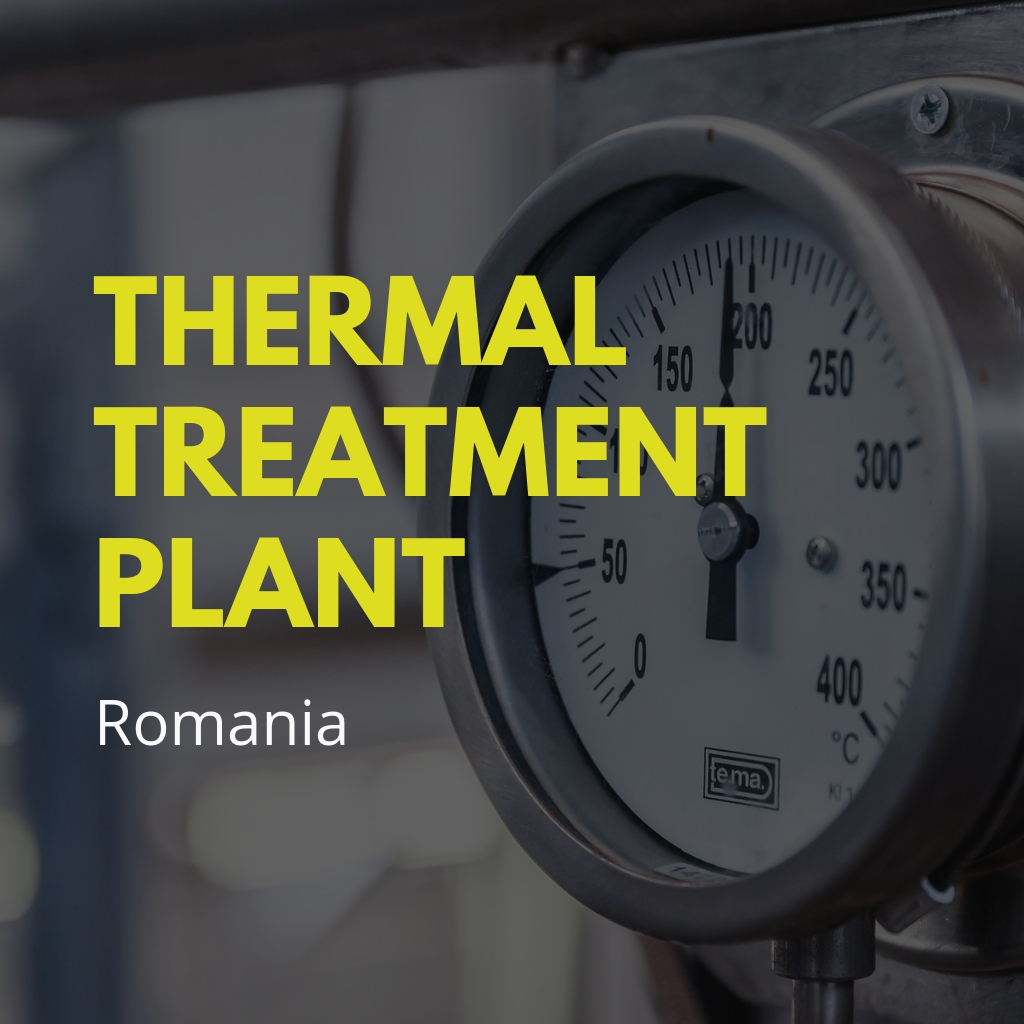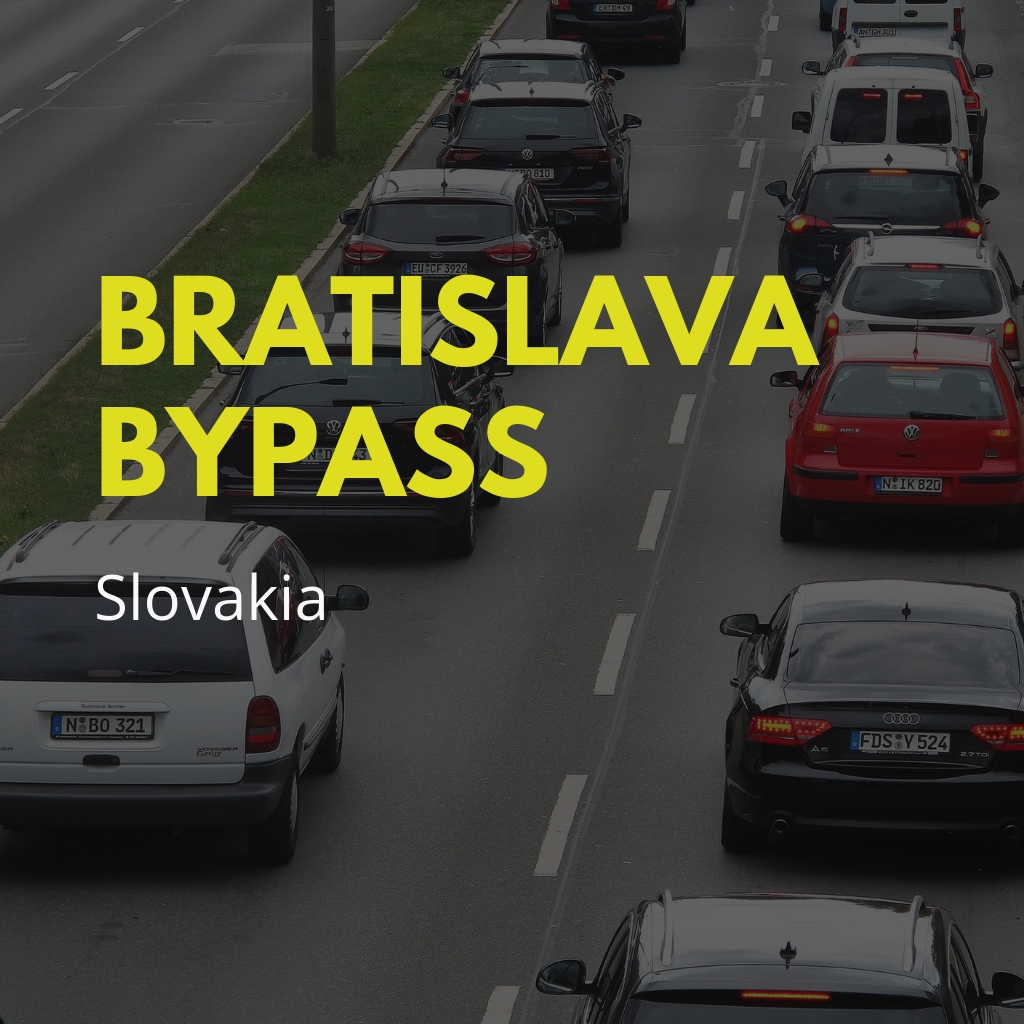What better time than now?
Europe is at a crossroads as it hammers out the details of the new €1.2 trillion EU budget after 2020.
The EU budget, together with support from the European Investment Bank and the European Bank for Reconstruction and Development, plays a major role in shaping the economies of central and eastern Europe.
But whether these countries will be tempted by business as usual and plan unsustainable spending or will seize the opportunity for transformational investments is the crucial juncture in the months ahead.
Political will is needed to overcome the challenges that all Europeans face: the need for a fair and just transition away from fossil fuels and the creation of a more sustainable Europe that brings prosperity without harming the climate, biodiversity or unnecessarily wasting resources. The science is clear – the IPPC has warned that we have just twelve years to avoid the grave consequences of temperature rises above 1.5 degrees Celsius.
Projects supported with EU funding should set an example for forward-looking investments that apply best practices and respect the rule of law. But in many cases, such projects highlight the inconsistencies between EU funding and the EU’s 2030 climate objectives and 2050 long-term strategy. From unsustainable resource management in Bulgaria, Hungary and Romania that ignores the principles of waste hierarchy, to massive transport investments that pave over the environment and people’s rights in Estonia, Slovakia and Bulgaria, EU funded projects have a chequered history in central and eastern Europe.
At the same time, positive examples from Latvia and the Czech Republic demonstrate the transformative potential of EU funding provided that spending is geared towards sustainability and includes the opinions of all interested parties.


